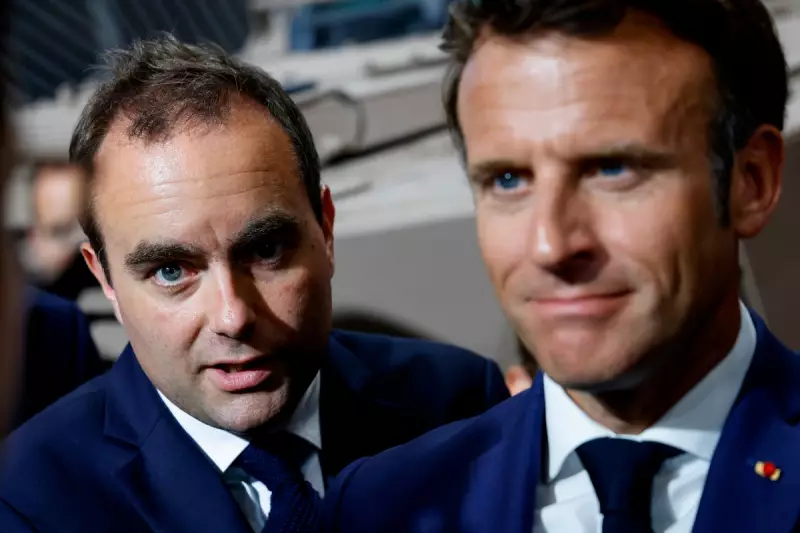
French President Emmanuel Macron is confronting one of the most severe political crises of his presidency following the unexpected resignation of his Defence Minister, Sébastien Lecornu. This dramatic development has sent shockwaves through the Élysée Palace and threatens to destabilise the French government at a critically sensitive moment.
A Government in Freefall
The resignation comes as Macron's centrist alliance faces potential electoral annihilation in the upcoming snap parliamentary elections. Political analysts are describing the situation as potentially catastrophic for the French leader, whose political future now hangs in the balance.
Lecornu's departure represents more than just another cabinet reshuffle—it signals a fundamental breakdown in governmental stability. The defence minister was considered a key ally and competent administrator within Macron's inner circle, making his exit particularly damaging.
Perfect Political Storm
Several factors have converged to create this crisis:
- The surging popularity of Marine Le Pen's far-right National Rally party
- Macron's declining approval ratings among French voters
- Growing discontent with the government's economic policies
- Increasing international pressure on France's defence capabilities
The timing couldn't be worse for Macron, who now must simultaneously manage a crumbling government while campaigning against a resurgent far-right movement.
Broader Implications for European Stability
This political turmoil extends beyond France's borders, raising concerns among European allies about continuity in French defence policy. As a key NATO member and European power, France's political instability could have ripple effects across the continent.
The coming weeks will prove decisive for Macron's presidency and for France's direction within Europe. With Lecornu's resignation, the president has lost not just a minister, but a crucial piece in his political armoury at the worst possible moment.





